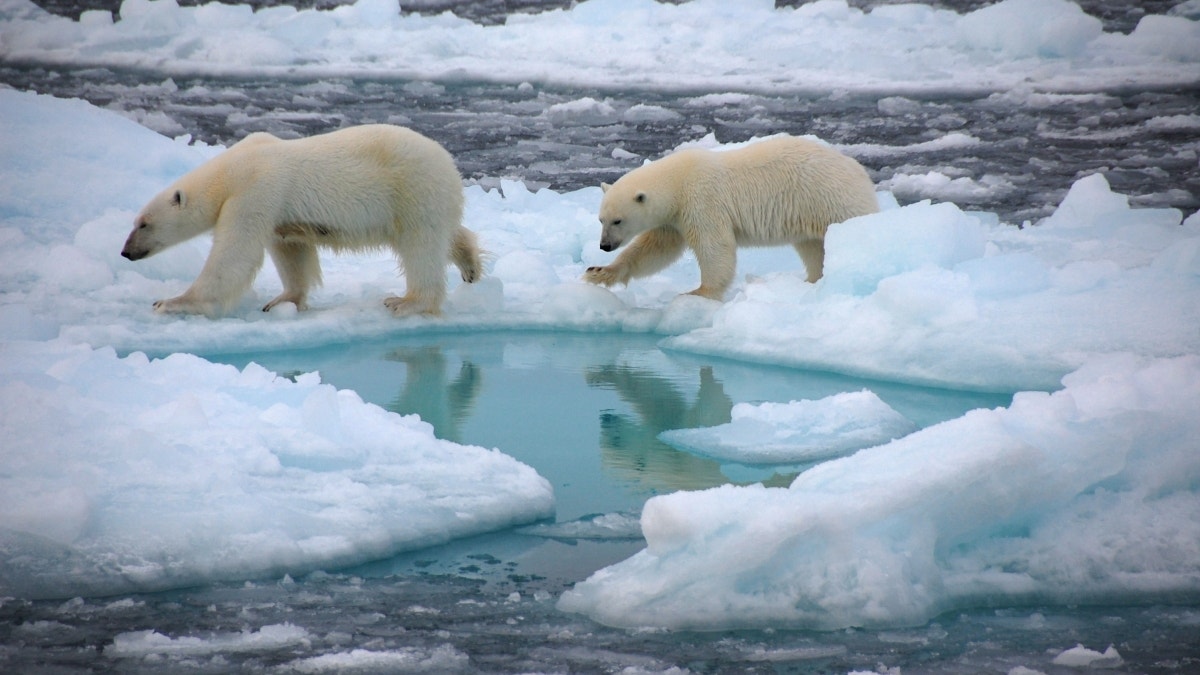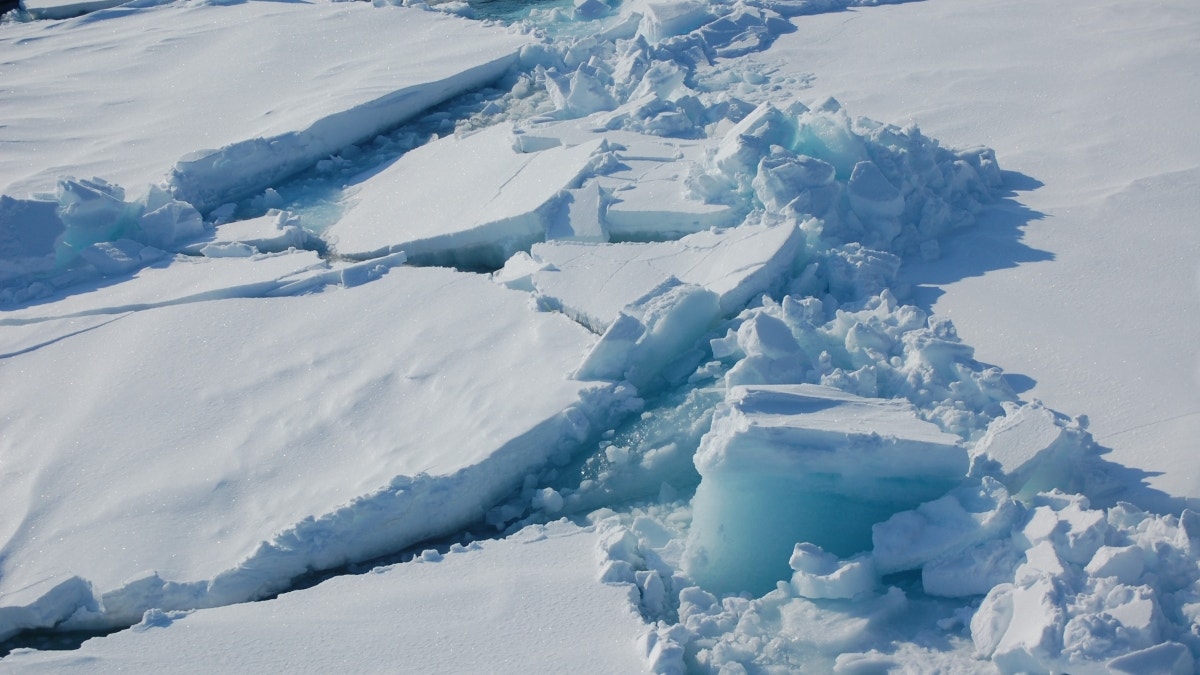Fox News Flash top headlines for April 23
Fox News Flash top headlines are here. Check out what's clicking on Foxnews.com.
A shocking new study says that the ice in the Arctic Ocean will disappear by 2050, which could have "substantial" implications on the ecosystem and the climate in the region.
The study notes that ice levels during the summer have been steadily shrinking over the past 30 years, due to climate change. The researchers ran a number of simulations, with most showing the "the Arctic Ocean becomes practically sea ice-free (sea‐ice area < 1 million km2) in September for the first time before the year 2050."
“While the Arctic sea ice extent is decreasing during this transition to an ice-free Arctic, the year-to-year variability in extent greatly increases, making life more difficult for local populations and ice-dependent species,” said study co-author Bruno Tremblay, associate professor in the Department of Atmospheric and Oceanic Sciences at McGill University, in a statement.

(Credit: Dirk Notz)
GREENLAND SHED ENORMOUS 600B TONS OF ICE LAST YEAR, SCIENTISTS WARN
The researchers add that the sea-ice loss in the future is dependent on carbon emissions. "If emissions are reduced rapidly, ice-free years only occur occasionally," the statement added. "With higher emissions, the Arctic Ocean will become ice-free in most years."
More than 40 climate models from 21 research institutes around the world were used by the researchers to come up with their findings. The rapid decline in sea ice levels is believed to be linked to high carbon dioxide emissions and "little climate protection," according to the statement.

(Credit: Dirk Notz)
The research was published in the scientific journal Geophysical Research Letters.
In September 2019, the sea ice level in the Arctic was the second lowest on record, just 1.6 million square miles, Fox News previously reported.
Since the late 1970s, when satellite records were first kept, NSIDC reports that the 13 smallest sea ice minimums have all occurred in the last 13 years. The lowest amount on record came in 2012, when sea ice dropped to 1.37 million square miles.
In November, it was reported that the Arctic's most stable sea ice area, known as "Last Ice Area," is disappearing faster than researchers initially believed.
The sea ice minimum area has declined 12.8 percent per decade over the past 40 years, which scientists believe is partially a result of climate change.
Skeptics have largely dismissed fears over man’s impact on global warming, saying climate change has been going on since the beginning of time. They also claim the dangers of a warming planet are being wildly exaggerated and question the impact that fossil fuels have had on climate change.
Fox News' Christopher Carbone contributed to this story.









































